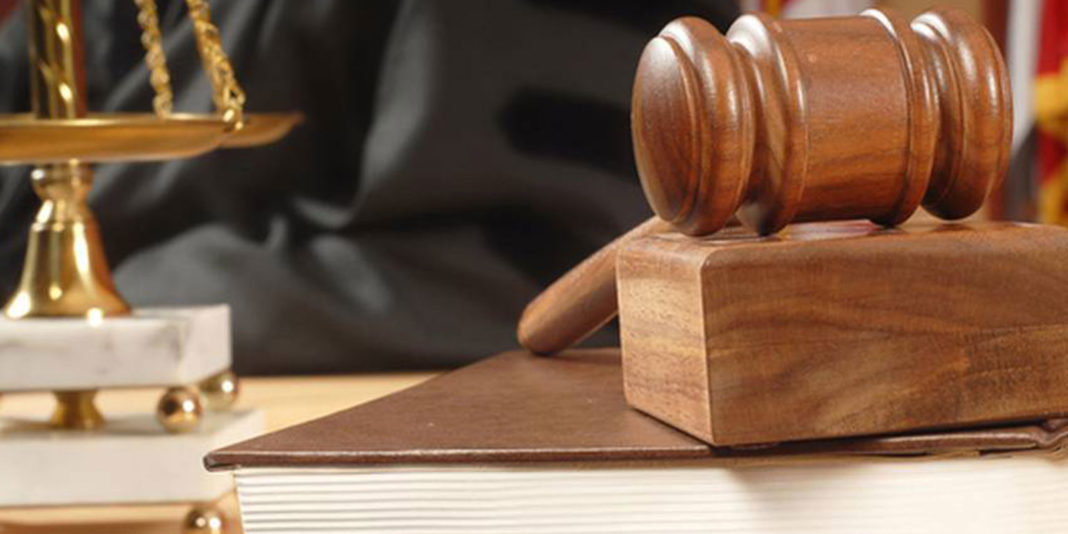A second nurse in Samoa had been arrested and charged with manslaughter over the death of two babies following receiving the MMR vaccine, reports Radio New Zealand today.
The charges follow an earlier arrest of nurse, with 37 years’ experience, who initially faced charges of alleged negligence resulting in death and perverting the course of justice and then a third charge of manslaughter was added. Both nurses are due to return in front of Samoa’s Supreme Court in late August. An investigation is continuing into the deaths but human error is believed to be involved.
Dr Jonathan Coates, a health law specialist at Claro, said an amendment to the Crimes Act in 1997 meant it was ‘very rare’ now for a health professional to face criminal charges for error or negligence.
He said prior to this amendment a health professional in New Zealand could be charged with criminal wrongdoing, or manslaughter if someone died, just for ‘mere negligence’.
A number of high profile manslaughter charges laid against health professionals in New Zealand – particularly a manslaughter case against an anaesthetist in the late 1980s – led to the setting up of a New Zealand Medical Law Reform Group and a campaign by the New Zealand Medical Association to get the law changed and more in line with the UK and Australia.
The anaesthetist, in difficult circumstances, had mistakenly administered the wrong drug of a similar appearance (that had been accidentally stored in the incorrect drawer). He was honest about the mistake but found guilty of manslaughter. “That led to a major shake-up and a change in the law.”
Under New Zealand law now in order for a health professional to face a criminal charge, in relation to any health treatment, there needed to be a “major departure” from the acceptable standards of care expected of a reasonable person in the circumstances.
“That’s akin to a ‘gross negligence’ test – which is the language they use in the UK where a lot of our legislation draws from,” said Coates. “So it’s a very high deviation required before a health professional faces criminal charges for wrongdoing in the provision of treatment.”
He said he was aware of very few – and personally only knew of one – criminal charges related to the provision of health services due to unintentional errors or that did not involve criminal wrongdoing like sexual assault. That charge had related to a midwife charged with manslaughter who was acquitted.
“Since that time the police have been incredibly reluctant to lay criminal charges for mistakes made in the provision of health care. And we probably all say that is a good thing because it is not typically regarded that the criminal court is the right forum to hold health professionals to account for mistakes that they might make.”
He said so while technically a “major departure” from acceptable care can lead to criminal charges being laid against health professionals –in practice it was very rare. It is much more likely that mistakes will be managed through the Health & Disability Commissioner process and the more serious ones might result in disciplinary charges of professional misconduct being laid before the Health Practitioners Disciplinary Tribunal, said Coates.
“That still requires negligence of a degree sufficiently serious to warrant disciplinary sanctions. So not every mistake or act of negligence is sufficient to warrant professional disciplinary sanctions.”
He said it was still unclear what had occurred in Samoa but on the face of it – as charges have not been laid in recent years in New Zealand in situations where medication errors are known to have caused death– it was much more likely that a similar scenario in New Zealand might be dealt with through a professional disciplinary process.
But clearly the crime is on the New Zealand statute books and if there was prima facie evidence of a major departure that caused death then obviously there is a possibility of a police investigation and even a charge being laid, said Coates.
Also developed, since the change in the Crimes Act, has been the encouragement of health professionals and providers to report “unintended, unexpected or unplanned” events with the Health Quality & Safety Commission that runs an Adverse Events Learning Programme to review events and share lessons learned to help improve consumer safety.
Meanwhile authorities are continuing investigations into the deaths of Lannacallystah Samuelu and Lameko Si’u, who died shortly after receiving a measles, mumps and rubella (MMR) vaccination at Safotu District Hospital, on the island of Savaii, on July 6.
University of Auckland vaccinologist Dr Helen Petousis-Harris said shortly after the tragic deaths that such events were rare and the two main reasons they occurred were medical error — where the vaccine was prepared incorrectly and the wrong substance was injected — or contamination of the vaccine due to leaving it at room temperature for a long period of time.





















